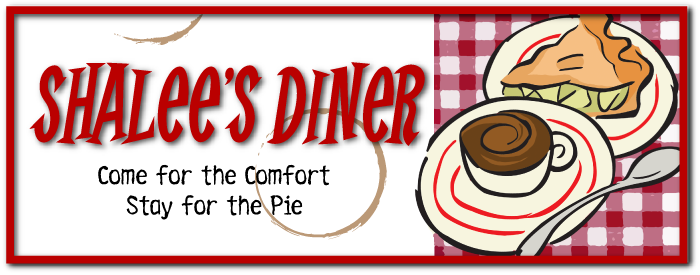FIR - #7 - The Family Tree
I have found a new author who has a way with words: cunning and crafty, light – yet poignant in meaning, fun with a side of depth. Carole Cadwalladr knows how to write.
Does having brown hair make you intelligent? Are you predisposed to panic attacks if you’re left-handed? Can science explain everything or are some things left up to fate? What makes us who we are – our genetics or our upbringing? These are the questions that Cadwalladr asks in her debut novel The Family Tree .
.
Told mostly from the viewpoint of Rebecca Monroe, a cultural studies student married to a genetic scientist, Cadwalladr creates an original story where previous generations shape and mold the present and future ones. Toggling back and forth between Rebecca growing up in the mid-to-late 70’s and Rebecca of present day, the reader is immersed into the story of one girl’s struggle to understand life with a hard mother, a mean grandmother, a domineering sister, a feminist aunt and a favored grandmother with a story all her own.
I was delighted to delve into this novel and I found that I was instantly pulled into the cadence of the writing and the emotions it pulled from me. The wit and timing was fast and fresh. It was paradoxical in that it was comical and tragic at the same time.
One of the most charming portions throughout the book was the way that Cadwalladr wove trivial television or movie pieces into the story. In the describing of such things as Love Story or Three’s Company, she drew the reader into his/her own childhood memories, making the entire story feel more known, more first hand. In the mentioning of Dallas, you can’t help but recall the long, mysterious storyline of “Who shot JR?” – even if you never watched it first hand. It was little nuances as such that made the story more interesting, more personal. She made me want to know how everything was going to end.
Until I got there.
Does having brown hair make you intelligent? Are you predisposed to panic attacks if you’re left-handed? Can science explain everything or are some things left up to fate? What makes us who we are – our genetics or our upbringing? These are the questions that Cadwalladr asks in her debut novel The Family Tree
Told mostly from the viewpoint of Rebecca Monroe, a cultural studies student married to a genetic scientist, Cadwalladr creates an original story where previous generations shape and mold the present and future ones. Toggling back and forth between Rebecca growing up in the mid-to-late 70’s and Rebecca of present day, the reader is immersed into the story of one girl’s struggle to understand life with a hard mother, a mean grandmother, a domineering sister, a feminist aunt and a favored grandmother with a story all her own.
I was delighted to delve into this novel and I found that I was instantly pulled into the cadence of the writing and the emotions it pulled from me. The wit and timing was fast and fresh. It was paradoxical in that it was comical and tragic at the same time.
One of the most charming portions throughout the book was the way that Cadwalladr wove trivial television or movie pieces into the story. In the describing of such things as Love Story or Three’s Company, she drew the reader into his/her own childhood memories, making the entire story feel more known, more first hand. In the mentioning of Dallas, you can’t help but recall the long, mysterious storyline of “Who shot JR?” – even if you never watched it first hand. It was little nuances as such that made the story more interesting, more personal. She made me want to know how everything was going to end.
Until I got there.
The only negative aspect I found to the book was the ending. And I don't mean the last page. When I had about 30 pages remaining, I began to feel that I was going to despise the book. It was ugly and depressing and just sucked rotten eggs. Cadwalladr could have gone so many directions with the story. Although she eventually ended on a somewhat optimistic note, she brought the essence of her protagonist through the mire and muck to get there, not to mention moments of extreme stupidity. And by that time, I just wanted to slap her for being such a foolish, stupid character, even if things were turning for the better at the end.
All that being said, I shall be on the lookout for Cadwalladr’s next book. Her writing is exceptional enough to make me want to give her another try and to hope that she learned a thing or two about endings along the way.
All that being said, I shall be on the lookout for Cadwalladr’s next book. Her writing is exceptional enough to make me want to give her another try and to hope that she learned a thing or two about endings along the way.





<< Home